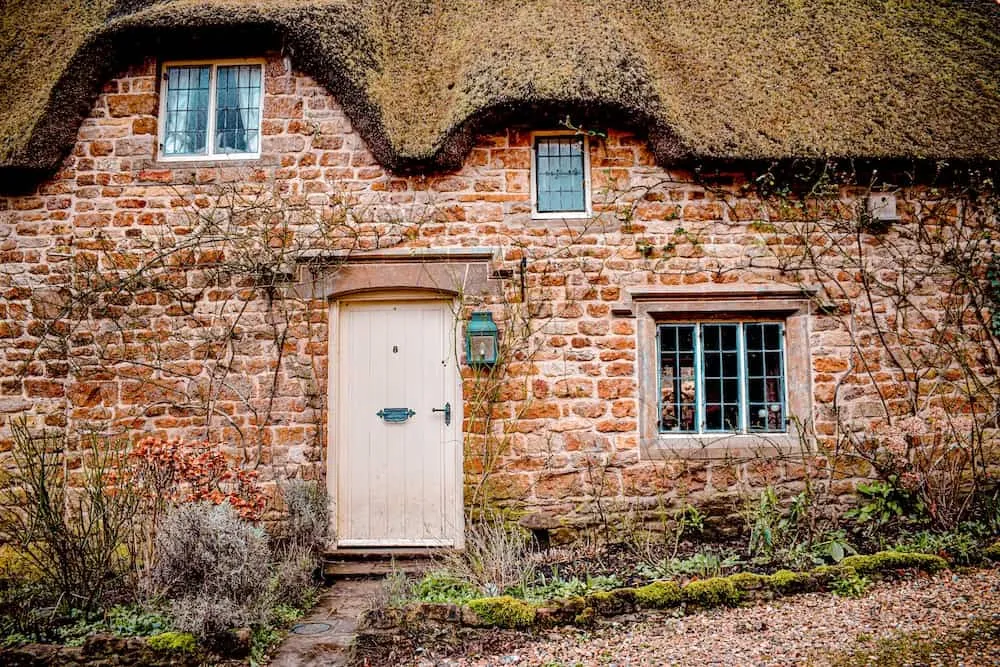Which lenders provide holiday let mortgages?

Many people dream of buying a holiday property, and most will need to secure an additional mortgage to make it happen.
If you’re looking to buy a property on the coast or countryside to offer to tourists as a furnished holiday let, then you’ll probably need to get a holiday let mortgage to finance the purchase.
Although the holiday let mortgage marketplace is still pretty niche, several lenders offer specific products to help you purchase a holiday let property.
Several high-profile lenders and well-known high street brands offer a good range of competitively priced products. A specialist holiday let mortgage broker will be able to signpost you to the lenders with the right products for your needs and help you navigate the application process
However, because holiday let mortgages represent a riskier proposition to lenders than traditional residential mortgages, many lenders will typically provide mortgages only to borrowers in ‘normal’ situations.
This usually means they are UK residents with no credit issues, own a home, have a steady income and have no outstanding debts or other significant financial commitments which may affect their ability to make repayments.
Although some lenders will provide holiday let mortgages to buyers with more complex requirements, this is where things can get tricky. You may need to work with a specialist adviser to find the right deal and navigate the application process.
Benefits of a holiday let
Buying a holiday let property is a huge commitment, and you’ll need to invest a lot of time, effort and passion into making it work.
If you’re not in a position to buy the property you want with cash, then getting a holiday let mortgage is a good option with many benefits.
If the property is in a prime location and you market it well, you may be able to generate enough rental income to cover your mortgage repayments and make a tidy profit on the side.
There are also several tax benefits to holiday let ownership because HMRC views holiday let properties as income-generating businesses. This means you could be eligible for tax relief on your mortgage interest payments and maintenance expenses, while any losses may be offset against your profits. However, selling the property for a profit could make you liable for Capital Gains Tax on the money you make from the sale.
Before you proceed, it’s recommended you seek independent advice from an accountant or tax specialist to understand the implications better.
Perhaps the best benefit of running a holiday let business is that you can use the property for your own enjoyment when it’s not let out.
To qualify as a holiday let, it must be advertised as a furnished let, be available to rent for at least 210 days each year and be rented out for at least 105 of them.
Outside of that, the property is yours to enjoy as you please, so you can take advantage of as many weekends away, short breaks or longer holidays as you wish.
Things to consider before getting a holiday let mortgage
As we mentioned above, because there is more risk involved with holiday let properties, most lenders apply stricter criteria to ensure borrowers can repay them.
For example, it’s harder to get approval for a mortgage for an overseas property than for a UK one. That’s because many borrowers are unfamiliar with property laws and the local property market in the country in question. It could also be harder to secure bookings for foreign property regularly and generate the rental income needed to cover your mortgage payments.
The additional risk of fluctuating foreign currencies could also unexpectedly impact the property’s value or lower the rental income.
However, even if you’re looking to buy a holiday let property in the UK, lenders have tighter checks and rules.
On top of the rental income your holiday home is expected to make, many holiday let mortgage lenders will require you to have a sizeable income from elsewhere to be sure you can cover the repayments if the property is empty and doesn’t generate any rent.
So, doing your sums and getting your finances in check before you apply for a mortgage is essential.
You’ll also be liable for the upkeep and any repairs or unforeseen costs with your holiday let property. So, ask yourself if you’d still be able to afford it if, for example, you needed to replace its roof or suddenly lost your job and your regular income.
Buying a holiday let property is a big financial commitment, so make sure you go into it with your eyes wide open.
At House & Holiday Home Mortgages, our expert team has over 40 years of experience in the holiday home market.
We’re dedicated to taking the stress away from getting the right mortgage. We’ll provide honest, straightforward advice and guidance on the right way forward and help you arrange the deal that’s right for you to make your investment a holiday home as pain-free as possible. For more information, get in touch today.

